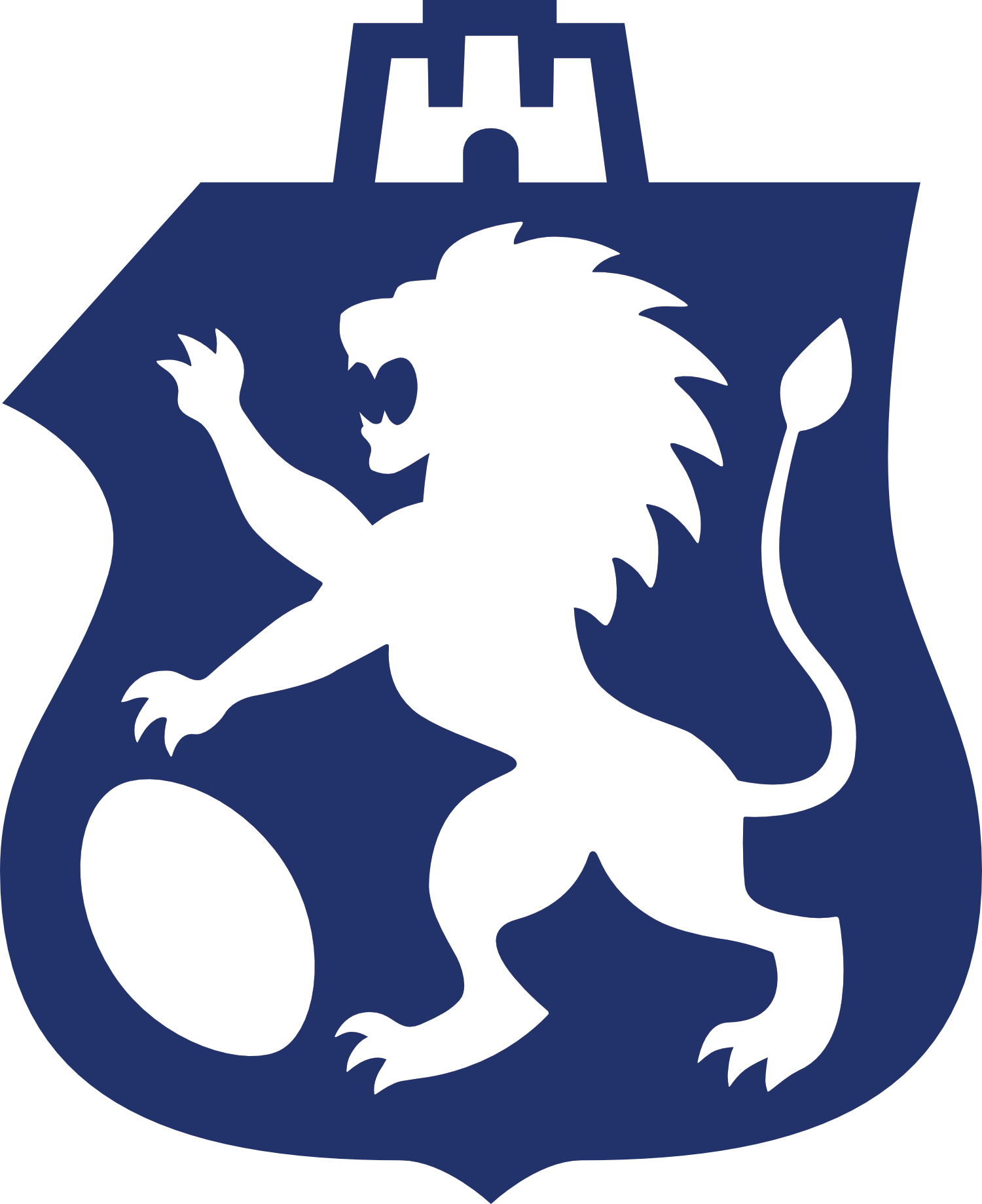Beginnings 1964. - 1974.

The founding of Zagreb’s third rugby club — following Rugby Club Mladost and Rugby Club Trešnjevka — was initiated in 1955 by Mirko Golub. The club was originally established as Rugby Club Trgovački, and after the merger of SD Sloboda and SD Zagreb, it became Rugby Club Zagreb. In 1957, the first coach, Nikola Kopajtić, left for Canada, while most players departed for military service, causing the club to cease operations for a time.
Rugby Club Zagreb was successfully re-established thanks to Živko Skroza and Branimir Alaupović, pioneers of the sport in the region. The founding assembly was held on February 16, 1964. The club's real work began when they brought in Rudi Bartolić, one of the best players from ARK Mladost, as coach. He placed an ad in the newspaper, and only seven players showed up for the first training session. This number soon grew with the addition of Bartolić's colleagues from the College of Physical Education.
Their locker room was in the attic of the wooden stands at the SD Zagreb stadium, and training took place on the auxiliary field. Coach Bartolić had to be resourceful; lacking proper balls (they only had one), he made rag balls (krpenjače). Once new balls were acquired, they filled the rag balls with sand and used them for conditioning.
The first match brought the club its first victory (11:0) against city rivals RK Građevinar. In their first game against ARK Mladost on April 18, 1965, Zagreb surprisingly achieved a draw (37:37). This was followed by their first away game and first defeat on May 9, 1965, on the "Stari plac" pitch in Split against Nada's second team (11:0). On June 17, 1965, Zagreb hosted the Czech team RC Tatra Smíchov (0:17).
In September 1965, the players arranged to pour concrete for the garages of neighbors on Brozova Street, whose property overlooked the training field. This money funded their first tour. The destination was Czechoslovakia, where later that month they played against Gottwaldov and Sokol Ricany (losing 24:15 and 32:8). It was common practice to bring items like shirts, coffee, cocoa, and other goods on trips to resell them on the street to earn money for food and drink.
In 1966, RK Zagreb played a strong RFC Parma, an Italian first-division team (losing 3:37), and Gottwaldov (losing 0:13) as part of the Velesajam Tournament. That same year, Zagreb began competing in the Federal Rugby Championship, winning their first match on October 16, 1966, against ARK Mladost 16:3. Their first encounter with RK Nada, the reigning national champion, ended in a 3:3 draw. Despite this progress, the club struggled with basic needs.
The day before a trip to Belgrade, lacking jerseys, Skroza arranged for Unikomerc to donate 50 plain white T-shirts. During the match against Singidunum, while Zagreb was significantly leading, the opposing players realized how easily the T-shirts tore. They tried to rip all of them, hoping the match would be halted and registered in their favor due to improper equipment. Zagreb's players avoided this scenario by using quick passing to keep the ball away.
The first victory over a foreign club was achieved on May 17, 1968, in Udine against the local team of the same name (5:8).
Zagreb progressed quickly. In the 1970/71 season, an undefeated Zagreb faced Nada in Split in the decisive match for the championship title. Nada won 12:11. An anecdote from this time is the return journey after a Zagreb victory in Pančevo.
The team was celebrating on the way, but upon arriving in Zagreb, they realized a young player was missing. Bartolić, who was also the trip leader, was beside himself. After a while, the missing player sheepishly arrived at the Main Railway Station. It turned out he had fallen asleep in a train car that was immediately separated for cleaning near the Esplanade hotel upon arrival. He was woken up by a cleaning lady.
A very successful three-day tour to West Berlin on April 30, 1971, was organized by Darko Miškulin. Zagreb defeated Polizei Sport Verein and TSV Siemensstadt (34:9 and 18:9). This was followed by an excellent match against a British Army team near the Olympic Stadium. The British referee gifted the victory to the home team (22:15).
Finally, the guys won the Yugoslav Cup on April 8, 1973, against Dinamo from Pančevo (24:16).







